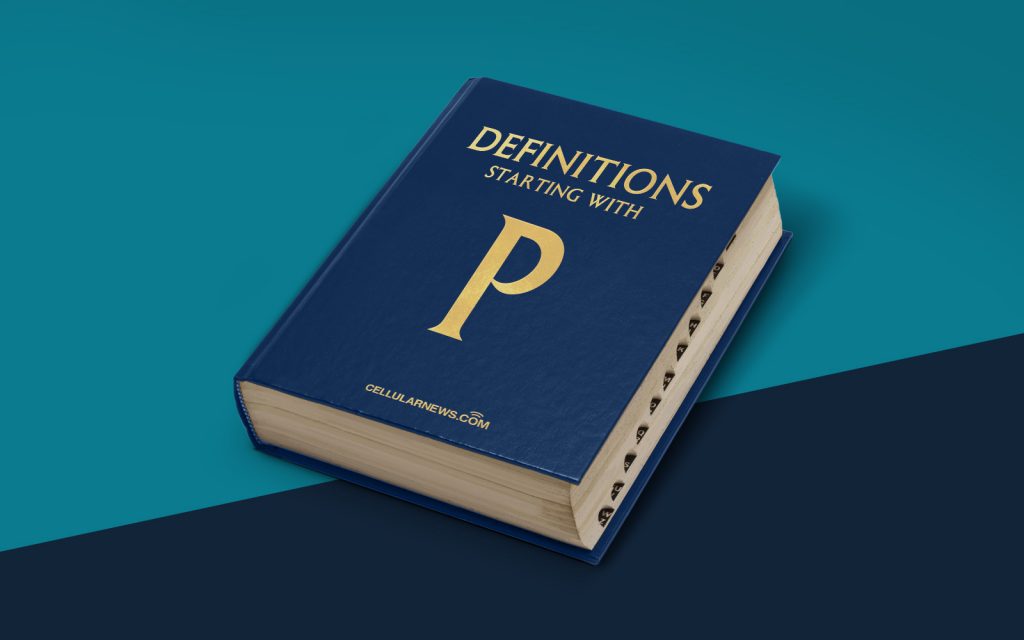
What is Private?
Welcome to our “Definitions” blog series, where we break down complex terms and concepts in an easy-to-understand manner. In today’s blog post, we’ll explore the meaning of “private” and its various applications in different contexts.
Key Takeaways:
- Being private means keeping something confidential, restricted, or exclusive.
- Private can refer to personal spaces, communication, data, or ownership rights.
When we hear the word “private,” various ideas may come to mind – such as secluded beaches or secret societies. While these associations capture some essence of what it means to be private, the concept goes beyond that. So, what does private actually mean? Let’s dive deeper into the definition.
At its core, “private” refers to keeping something confidential, restricted, or exclusive. It is the opposite of public, which implies openness and accessibility to the general population. The concept of privacy is integral to maintaining personal boundaries, respecting confidentiality, protecting sensitive information, and establishing ownership rights.
Now that we’ve established a basic understanding of what it means to be private, let’s explore a few key applications:
1. Personal Spaces:
Private spaces are areas where individuals have exclusive control and limited access to others. These spaces can include homes, offices, or personal rooms. The idea is to create a barrier that protects one’s privacy, providing a sense of security and solitude. For example:
- A bedroom, where individuals can retreat to relax, gather their thoughts, or have personal time away from others.
- An office space, where individuals can focus on work without distractions or interruptions from colleagues.
2. Communication and Data:
Private communication and data refer to exchanges or information that can only be accessed by specific individuals or groups. In an age of advanced technology, ensuring the privacy of conversations, messages, and online activities has become increasingly important. Here are a few examples:
- End-to-end encrypted messaging applications, where only the sender and recipient can access the messages, ensuring privacy and preventing unauthorized interception.
- Password-protected documents or files that restrict access to authorized individuals, safeguarding sensitive information.
These are just a couple of applications that highlight the diverse ways in which the concept of private is used in our everyday lives. Whether it’s creating personal boundaries or protecting confidential information, privacy plays a crucial role in maintaining security, autonomy, and individuality.
Next time you encounter the term “private” in different contexts, remember its fundamental meaning – the preservation of confidentiality, restraint, and exclusivity. By understanding the nuances of privacy, we can navigate the modern world with a greater appreciation for personal boundaries and data protection.
Thank you for joining us in this installment of our Definitions series. We hope this article has shed light on the concept of private and its significance in various aspects of our lives. Stay tuned for more informative blog posts!
